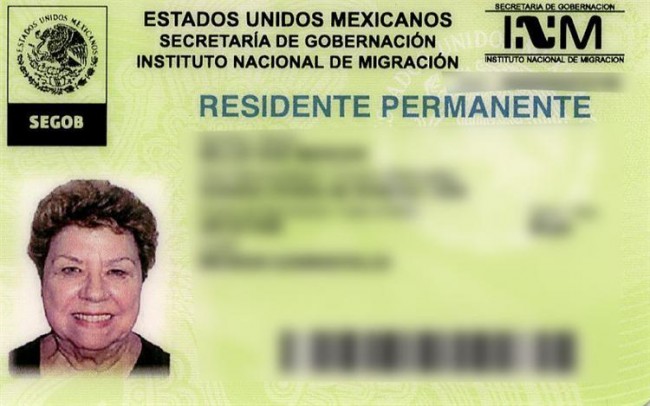Foreigners Need a Visa to Visit or Live in Mexico
Foreigners who want to visit or live in Mexico need a Visa. There are three options:
Tourist Visa/Card
This is the FMM form that you fill out on the airplane before entering the country. You retain a part of the form and turn it in when you leave.
Advantages:
This tourist visa/card is automatically approved for citizens of Canada and the United States. You can leave and return whenever you want so long as your stay does not exceed 180 days.
Disadvantages:
- You have to physically leave the country every six months.
- If you only book a one-way plane ticket, you can expect to be questioned by both airline and immigration personnel as to when you plan to leave the country.
- You cannot open a bank account since most Mexican banks require either a temporary or permanent visa.
- You cannot get a Mexican driver’s license in many jurisdictions.
- You cannot register a car in many jurisdictions.
- If you bring your car into a part of Mexico that requires a temporary import permit (known as a TIP), you will have to renew the permit every six months.
Temporary Residency Visa (Green Card)
The Temporary Residency Visa is for people who plan to live in Mexico for a period of up to four (4) years. After that point, you will either have to apply for a new Temporary Residency Visa, a Permanent Residency Visa, or leave the country.
You must apply for a Temporary Residency Visa at the Mexican Consulate in the nearest city in your home country. You have to meet the requirements and submit to an interview. If granted, you must go to Mexico within 180 days and report to the Immigration Department to complete the process and to receive your Temporary Residency Visa (green card) that is valid for one to four years.
Advantages:
- You can open a Mexican bank account.
- You can buy and register a car in Mexico.
- You can get a Mexican driver’s license.
- You can bring your foreign-plated car into the country.
- You don’t have to leave the country every 180 days.
- You can import your household items duty-free.
- You can obtain a senior’s discount card (INAPAM).
Disadvantages:
- You will have to meet the financial requirements.
- You may need an attorney to assist you.
- You will have to pay fees.
- It is a two-part process that begins at the Mexican Consulate in your home country and ends at the Immigration Office in your city in Mexico.
- You will have to renew it.
Permanent Residency Visa (Green Card)
You apply for a Permanent Residency Visa the same way you do for a Temporary Residency Visa (see above). The biggest difference between the two is that the financial requirements are more stringent for a Permanent Residency Visa if you are trying to obtain one without having spent four years as a Temporary Resident.
Advantages:
You have all the advantages as stated above, plus you never have to renew the Permanent Residency Visa. You pay a one-time fee.
Disadvantages:
- You will have to meet more stringent financial requirements if you are applying for Permanent Residency without having spent four years as a Temporary Resident.
- You may need an attorney to assist you.
- It is a two-part process that begins at the Mexican Consulate in your home country and ends in Mexico.
- You will have to nationalize your foreign plated vehicle or remove it from the country. This will not be an issue if you plan to stay in the free zone (within 25 KM of the border), specified parts of Sonora, or in the states of Baja California or Baja California Sur.
Referenced Publication:
This article was originally published and is a condensed version of “Retiring in Mexico: Deciding Which Residency Option is Right for You?” by QROO PAUL, posted on December 2, 2018, in Two Expats in Mexico, and is reprinted with the author’s permission.










